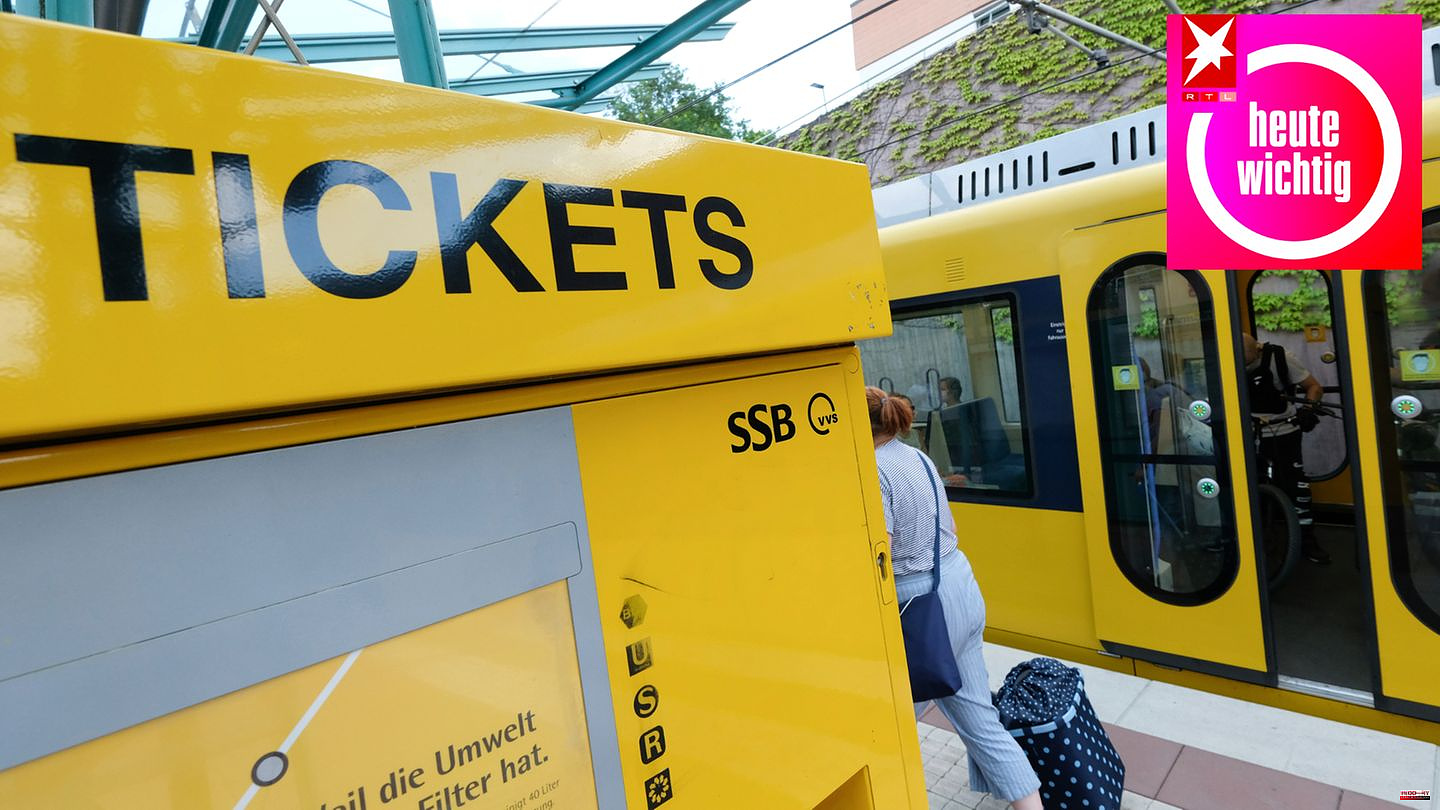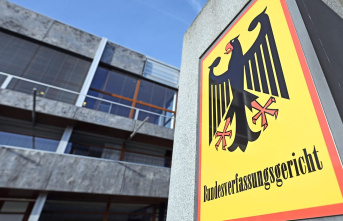Robbery, tax evasion, manslaughter… crimes like these are what you think of when you think of a prison sentence. But according to projections, there are also around 7,700 people who have to be arrested for fare evasion every year because they sat on the bus or train without a ticket. "Footballing, or rather, 'cheating on services', has been a criminal offense in Germany since 1935. This goes back to a criminal law amendment by the Nazis," explains stern editor Nico Schnurr in the 470th episode of the podcast "important today". Since then, no government has abolished paragraph 265a, which particularly often affects people in poverty - and whose situation is often significantly worsened by imprisonment.
Heiko Fischer was one of these 7700 people. He is 46 years old and had to spend a total of one year and four months in prison because he rode the train without a ticket and was caught several times: "I had to go to the doctor every day, I wasn't able to buy the ticket. Three to four times I was caught doing fare evasion and then ended up in prison," he reports in the podcast. Fischer was a drug addict and therefore could not get the money for a ticket together.
The majority of people who end up in prison for this crime are like him. This is explained by the stern editor Nico Schnurr, who has researched this topic: "A study from North Rhine-Westphalia shows: 77 percent of them are unemployed. One in four is addicted to drugs, one in five is homeless and one in six is suicidal." What is considered an administrative offense in other countries means that poor people in particular have an even harder time in Germany. For example, anyone who cannot afford to pay the fine – the so-called substitute imprisonment – or who already has a criminal record and is caught must be imprisoned.
Nico Schnurr spoke to many of those affected. Most of them would like to pay for the train tickets but simply cannot afford it. For example, anyone who receives citizen's income gets a standard rate of currently 45.02 euros per month for the "transport" area. Conversely, this means that even the currently planned 49-euro ticket is too expensive for the people who need it particularly urgently. An end to the paragraph is only partially in sight, says Schnurr: "The federal government has at least announced that this year it will think about checking to what extent fare evasion should still be a criminal offense."
An alternative model could be the legislation in Sweden. In the event of repeated violations, an authority there checks whether the people caught are not willing to pay or are actually not able to pay, explains Nico Schnurr: "If someone really doesn't have the money to pay for a ticket like this, they won't be pursued any further. They have to Those affected do not have to prove themselves, but an office." On the other hand, in Sweden only about 20 people are imprisoned for fare evasion every year, in contrast to the 7,700 in Germany. "That saves the Swedes a lot of money, which could also be used here to set up socially fairer public transport that is affordable and available for everyone," said Schnurr.
Don't miss any other episode of "Today Important" and subscribe to our podcast at: RTL Musik, Spotify, Apple Podcasts, Deezer, Castbox or in your favorite podcast app. If you have any questions or suggestions, please write to us at heuteimportant@stern.de.












